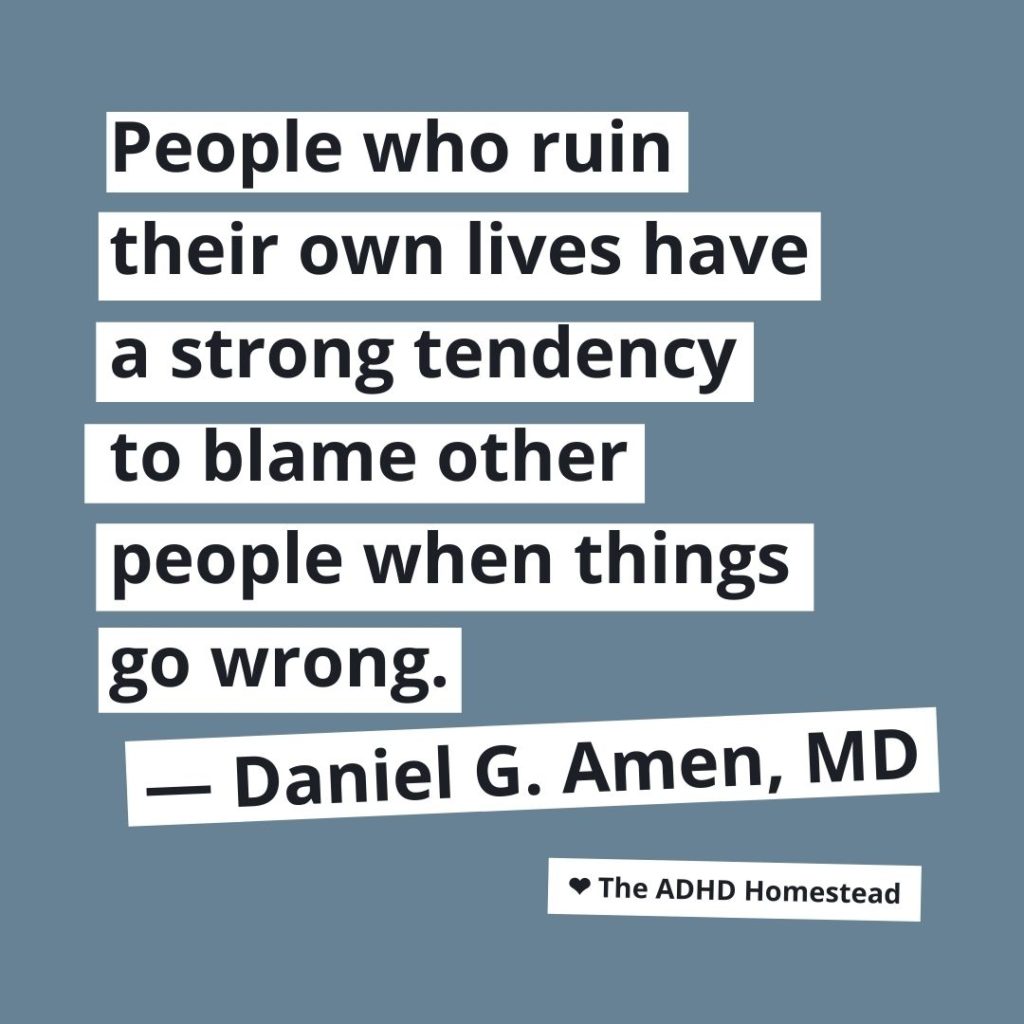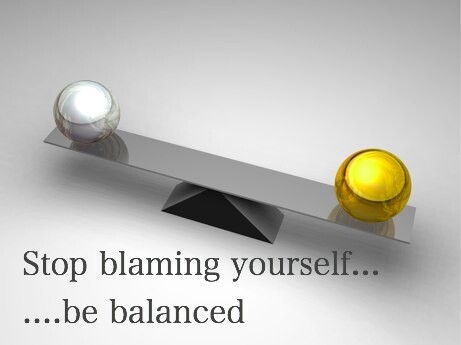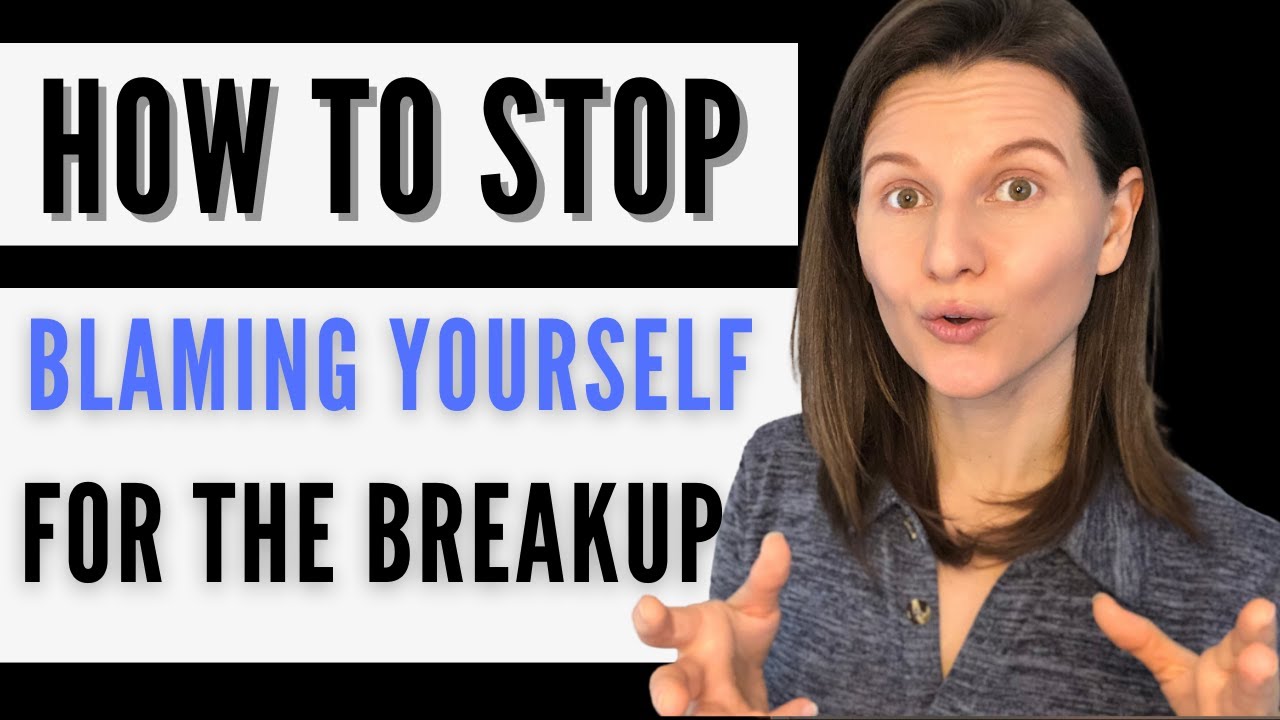
Understanding Self-Blame in Relationships
Definition of Self-Blame
Self-blame is a psychological response wherein an individual holds themselves responsible for the negative outcomes in their life, particularly in relationships. It often manifests as an internal narrative that focuses on personal faults and failures, rather than acknowledging external factors or the actions of others. This mindset can lead to a cycle of regret and self-criticism that can be debilitating. For example, after a breakup, someone might think, “I should have done more” or “If only I had changed myself,” which can exacerbate feelings of sadness and loss.
Self-blame is not merely a reflection of one’s flaws; it’s also a coping mechanism that some individuals use to make sense of complex emotional situations. It can provide a false sense of control—if they can attribute the failure to their shortcomings, it gives them something tangible to work on in the future.
Causes of Self-Blame in Failed Relationships
Several factors can contribute to self-blame in the context of failed relationships:
- Unrealistic Expectations: People often enter relationships with high hopes and expectations. When these aren’t met, they may feel personally responsible for the disappointment.
- Low Self-Esteem: Individuals with a fragile sense of self-worth may be more inclined to blame themselves, believing they are unworthy of love.
- Fear of Abandonment: Many people fear rejection and may internalize blame as a way to mitigate that fear—if they believe it’s their fault, it’s less likely that their partner will leave.
- Past Experiences: Previous experiences in relationships, especially traumatic ones, can lead to conditioned self-blame responses.
Understanding these causes can help individuals identify and confront the irrational thoughts that contribute to their self-blame. Recognizing that self-blame is often a reflex rather than a reality can be the first step toward healing and reframing their narrative in relationships.

Impact of Self-Blame on Mental Health
Relationship Between Self-Blame and Self-Esteem
Self-blame can have a profoundly negative impact on self-esteem. When individuals habitually engage in self-blame, they often reinforce a negative self-image that clouds their self-perception. This is especially true after failed relationships, where one’s inner critic is triggered. For instance, someone might think, “I’m not lovable” or “I always mess things up,” leading to a downward spiral in their self-esteem.
- Cycle of Negativity: The more someone blames themselves, the lower their self-esteem tends to drop. This, in turn, can lead to further self-blame, creating a continuous loop difficult to escape.
- Comparison with Others: Individuals may also compare themselves to others who appear happier in relationships, further diminishing their self-esteem. They might think, “Why can’t I be like them?” which amplifies feelings of inadequacy.
As self-esteem wanes, so does the motivation to engage in positive activities. This relationship establishes a cyclical pattern of self-doubt, hindering personal growth and connections with others.
Psychological Effects of Excessive Self-Blame
Excessive self-blame can lead to a variety of psychological issues, including:
- Anxiety: Continuously ruminating over perceived faults can fuel anxiety and stress, making it hard to relax or feel at peace.
- Depression: Over time, the weight of self-blame can lead to depressive feelings, characterized by a lack of motivation, sadness, and hopelessness.
- Social Withdrawal: People may isolate themselves to avoid feelings of shame associated with social interactions, believing they are unworthy of connection.
For example, someone might shy away from dating again out of fear that they will fail yet again. This isolation only exacerbates the negative feelings, creating a cycle that further entrenches self-blame.
Recognizing the impact of self-blame on mental health is vital for healing. Awareness is the first step toward breaking the cycle and rebuilding both self-esteem and emotional resilience.

Strategies to Overcome Self-Blame
Having explored the negative impact of self-blame on mental health, it’s essential to focus on effective strategies to overcome it. Breaking free from the grip of self-blame requires conscious efforts and supportive environments. Here are three impactful strategies to help usher in a more positive mindset.
Practicing Self-Compassion
Self-compassion involves treating oneself with kindness and understanding rather than harsh criticism. When faced with failure, reminding oneself that it’s a universal human experience can alleviate the burden of self-blame. For instance, consider these points:
- Acknowledge Your Feelings: Instead of dismissing feelings of regret, allow yourself to feel them. It’s okay to be upset.
- Talk to Yourself Like a Friend: Shift your inner dialogue to be supportive. If a friend came to you in distress, how would you comfort them? Model that response for yourself.
Taking time to journal about your feelings can also cultivate self-compassion. Writing down thoughts allows for reflection and creates space for emotional healing.
Seeking Support from Friends and Family
Surrounding yourself with supportive individuals can make a significant difference. Sharing feelings with friends and family can provide a fresh perspective, enabling you to recognize that you’re not alone in your struggles.
- Open Communication: Expressing your thoughts to trusted friends can help diminish feelings of isolation.
- Accepting Help: Allowing others to be there for you can alleviate some of the emotional weight you carry.
When friends offer their perspectives on your experiences, they might highlight strengths you hadn’t noticed or remind you of your worth.
Reframing Negative Thoughts
Reframing is about changing the narrative that perpetuates self-blame. When those negative thoughts arise, challenge them! For example:
- Instead of thinking, “I ruined everything,” reframe it to “I did my best under the circumstances.”
- Create a list of positive affirmations about yourself that you can revisit during tough moments.
Cognitive Behavioral Therapy (CBT) techniques can also assist in reframing thoughts, making it easier to see situations from a different, more constructive perspective.
Utilizing these strategies can significantly improve mental well-being, encourage self-acceptance, and pave the way for healthier emotional responses in the future.

Setting Healthy Boundaries Moving Forward
Having addressed the psychological impacts of self-blame and effective strategies to combat it, it’s time to discuss the importance of setting healthy boundaries. These boundaries are crucial for personal growth and emotional well-being, especially after a breakup.
Importance of Boundaries in Relationships
Healthy boundaries act as the framework for maintaining mutual respect and understanding in any relationship. They define where one person’s needs and feelings end, and another’s begin. In the wake of a breakup, boundaries become even more essential, helping to navigate complex feelings and ensure personal space.
- Emotional Safety: Boundaries protect individuals from emotional harm. They make it clear what is acceptable and what’s not, allowing both parties to move forward without the risk of a toxic dynamic resurfacing.
- Clarity in Communication: Establishing clear boundaries fosters open dialogues. It allows both individuals to express their needs without fear of conflict.
For example, setting boundaries about communication frequency post-breakup can help prevent misinterpretations or lingering feelings that can lead to further heartache.
How to Establish and Maintain Boundaries After a Breakup
Establishing and maintaining boundaries requires intentional effort, particularly after a breakup. Here are practical steps to consider:
- Reflect on Your Needs: Take time to understand what you need moving forward. This could pertain to communication, emotional support, or time apart.
- Be Direct and Honest: Communicate your boundaries clearly. For example, if you need space, kindly express that you won’t be available for chats or meetups for a while.
- Stick to Your Boundaries: It’s easy to slip back into old patterns, especially when emotions run high. Reinforce your boundaries consistently to maintain your emotional health.
It can also be beneficial to share your boundaries with close friends or family members for additional accountability. Remember, setting boundaries is not about pushing others away; it’s about creating an environment in which you can heal and grow.
